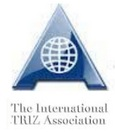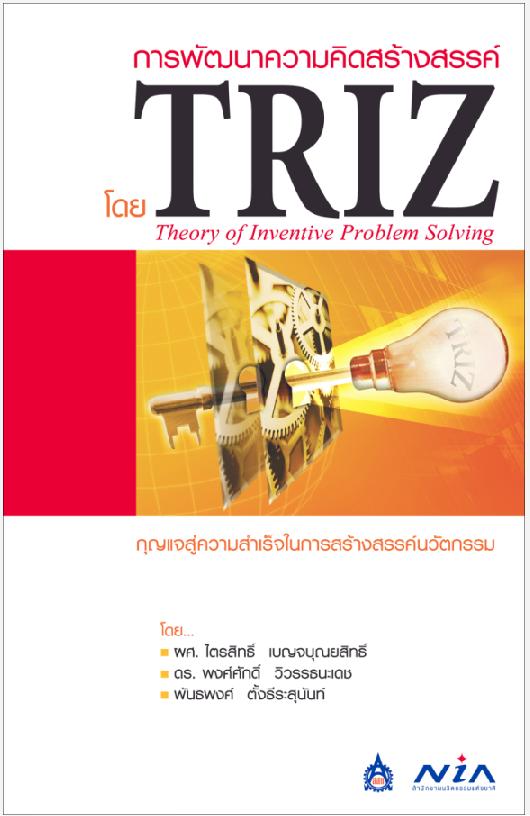|
TRIZ Institute Thailand
Monday, June 30 2025 @ 10:42 pm UTC
|
Center of Excellence on TRIZ and Innovation |
Contact usTrizit Benjaboonyazit68/131 Soi-Nawamin 40, Nawamin-Road Klongum, Buengum,Bangkok 10240 Tel 085-955-3031 e-mail trizit@trizit.net |
|




